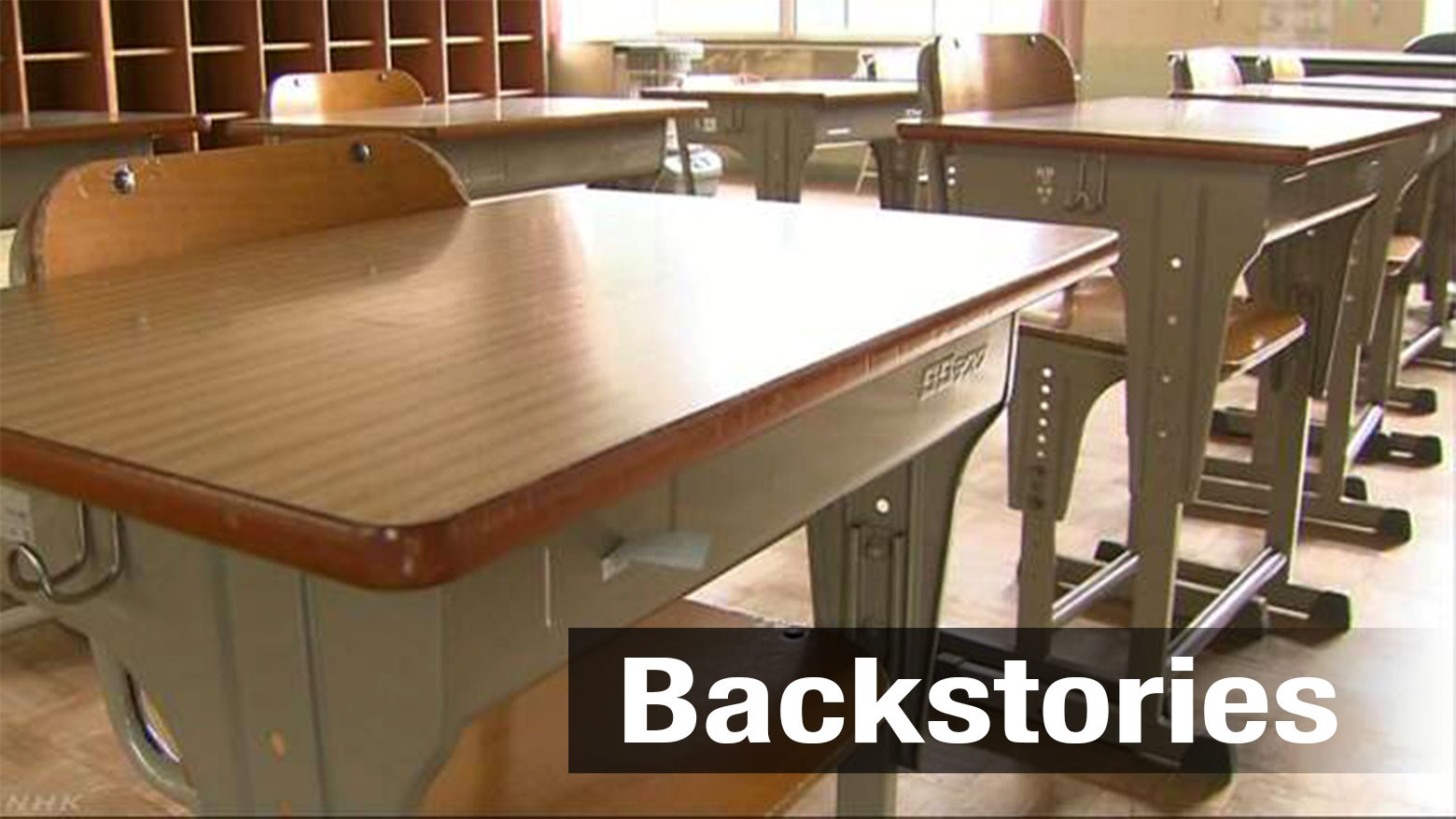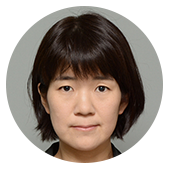On Friday morning, Japan's education ministry sent a request to all local authorities asking them to close elementary, junior and senior high schools for the rest of the school year, which ends late March. Each municipality will have to decide whether to comply with the request.
The measure could affect more than 12 million students and 36,000 schools.
Reactions have been swift from parents online.
"What happens in households where both partners work? Is the government saying that parents of elementary school students have to stay at home?"
"I want to ask the government to compensate people who cannot work because of this."
Japan's finance minister Taro Aso told reporters on Friday morning that the government is looking at ways to financially support people affected by the closures.
The Welfare Ministry has asked local authorities to keep afterschool childcare facilities open while elementary schools are closed.
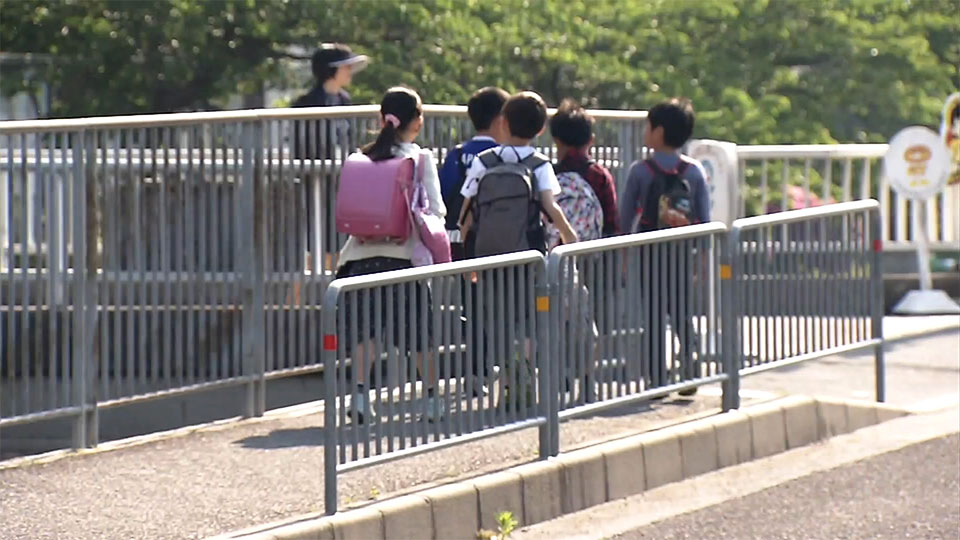
What the experts say
Nobuhiko Okabe is head of the Kawasaki City Institute for Public Health and a member of the government's expert panel on the new coronavirus. He says the decision was a political one, made without consulting experts about whether it is likely to be effective. He says it may work to some extent, but should be tailored to each region.
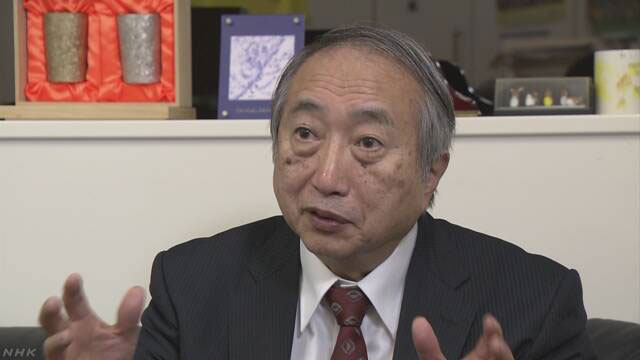
Chiba City Mayor Toshihito Kumagai tweeted on Thursday that the news was shocking, and warned that it have catastrophic consequences if all parents in critical roles are forced to stop working.
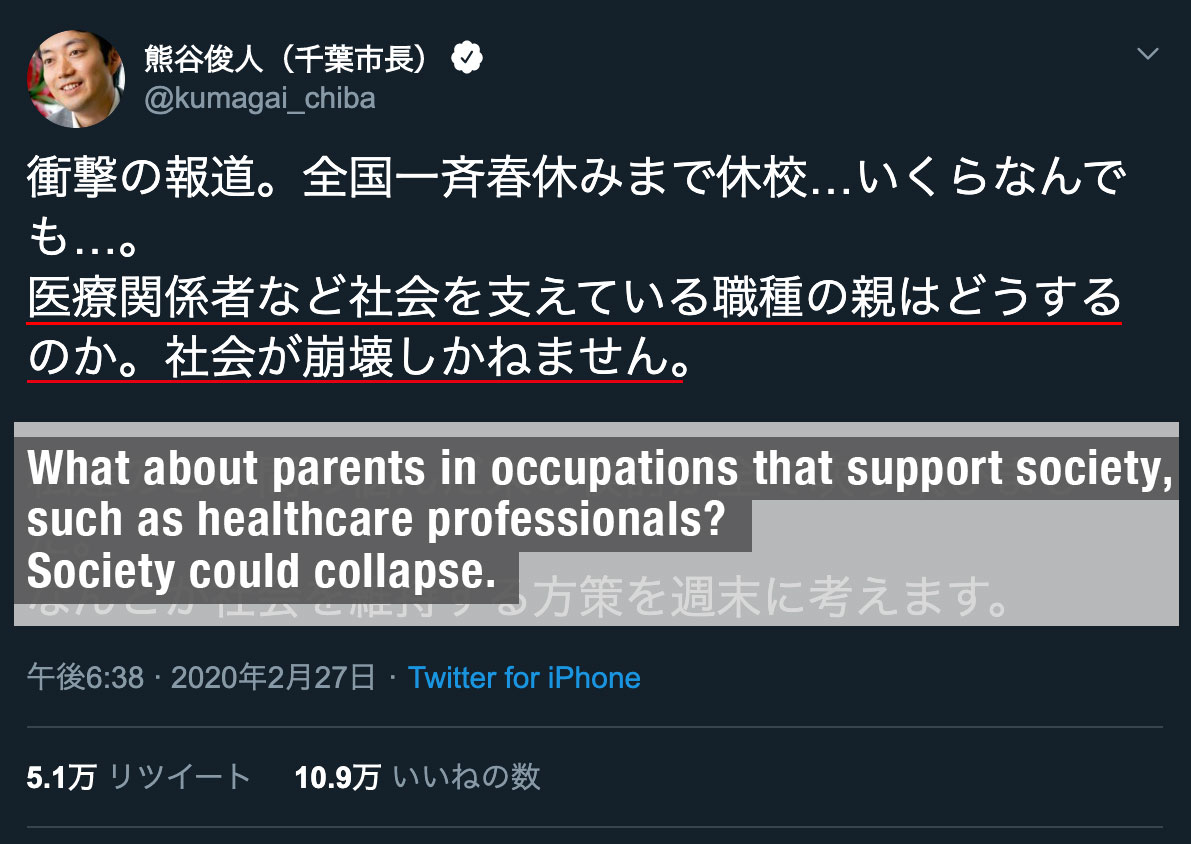
His city has decided to close all public high schools and junior high schools, but keep elementary schools open for first and second graders, as well as special needs schools.
How are other countries dealing with the threat?
In China's Hubei Province, at the heart of the outbreak, all schools have closed. Education authorities are providing online tuition instead.
Singapore has chosen not to close its schools for now.
The government says infections can happen even in homes; it's unrealistic to expect children to stay at home; and keeping them at school under the supervision of teachers is a more effective measure. The authorities also say it would be too great a disruption to people's lives.
But Japan's Prime Minister says the next week or two will be a crucial period in slowing the spread of infections, and he is asking for people's understanding of his decision. But as the weekend begins, many families still don't know what they should be planning for next week.
